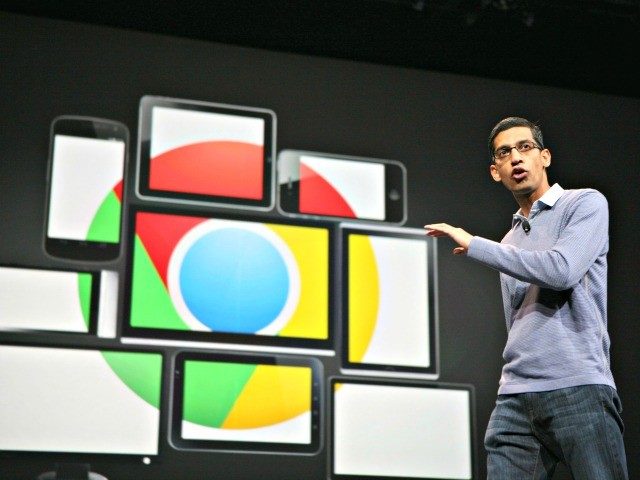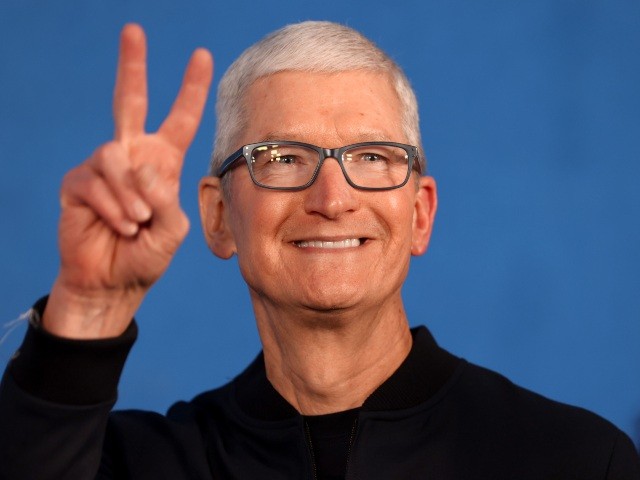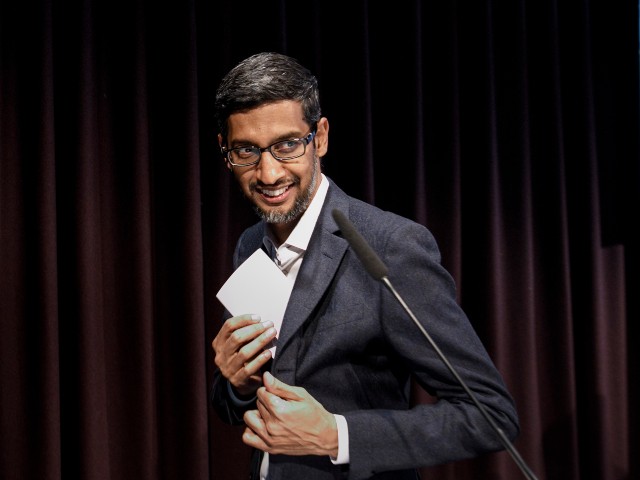Google shelled out a whopping $26.3 billion in 2021 to ensure that it remains the default search engine on various devices, including mobile phones and web browsers. The disclosure is a tantalizing piece of data that has come out of an antitrust trial that remains veiled in secrecy.
CNBC reports that Google spent a staggering $26.3 billion last year to maintain its dominance as the default search engine on a multitude of platforms. The total amount of its payments came out as part of an internal slide presentation that was disclosed as part of the federal antitrust lawsuit against the internet giant on Friday. This hefty sum wasn’t paid to a single entity but was rather distributed among various partners, with tech giant Apple likely being the prime beneficiary.
Analysts estimate that Google paid Apple $15 million in 2021 to maintain its default status across Apple’s universe of products and services, which include Google as the default search engine on iPhones, iPads, and the Safari browser for Mac computers.
As Breitbart News previously reported, the antitrust lawsuit has exposed Google’s high pressure tactics in negotiating with Apple:
The trial has exposed how Google leveraged its advantage in conversations with Apple, a key partner, to ensure its search engine remained the default choice on most smartphones worldwide. Back in 2005, Google proposed a lucrative deal to Apple, offering a portion of advertising revenue to make its search engine the default choice on desktop computers. This move was pivotal, considering Google’s search engine supports an advertising business that raked in $162 billion last year, constituting a significant portion of the revenue at its parent company.
In an instance revealed at the trial, Apple, seeking to present users with several options for the default search engine, was met with a stern response from Google, stating, “No default—no revenue share.” This hardball tactic led Apple to abandon the idea, a decision that has not been revisited since, according to DOJ lead trial attorney Kenneth Dintzer.
The DOJ complaint states: “Google pays billions of dollars each year to distributors—including popular-device manufacturers such as Apple, LG, Motorola, and Samsung; major U.S. wireless carriers such as AT&T, T-Mobile, and Verizon; and browser developers such as Mozilla, Opera, and UCWeb—to secure default status for its general search engine and, in many cases, to specifically prohibit Google’s counterparties from dealing with Google’s competitors.”
This massive expenditure is part of a broader strategy that has come under legal scrutiny. Critics, including the U.S. Department of Justice and a coalition of state attorneys general, argue that Google’s substantial payments effectively sideline competitors, allowing the company to maintain a stronghold on essential distribution channels, such as Apple’s widely-used Safari web browser.
Google, however, defends its approach, asserting that users retain the flexibility to modify their default search engine settings with relative ease. Google argues that users can easily change their default search engine.
Breitbart News has reported on the veil of secrecy that remains over the trial, a source of criticism of the judge presiding over the trial:
Judge Amit Mehta has been the recipient of substantial criticism for his frequent decisions to seal the courtroom, a move that has been perceived as overly deferential to requests by Google and other interested parties such as Apple. Advocacy groups have expressed concern over the intermittent public access during crucial testimonies, including those involving top Apple executives. Despite some case documents being removed from public access, they can still be found online, but the court has further clamped down on document access.
In response to the criticisms, Judge Mehta stated that he is “relying largely on the plaintiffs, who represent the public interest,” to inform him of any objections to moving into closed sessions. He emphasized his reliance on government lawyers to counter the repeated attempts by Google and other tech companies to conduct proceedings behind closed doors, citing his lack of a “crystal ball to know what’s coming up” in the testimonies.
Read more at CNBC here.
Lucas Nolan is a reporter for Breitbart News covering issues of free speech and online censorship.



COMMENTS
Please let us know if you're having issues with commenting.